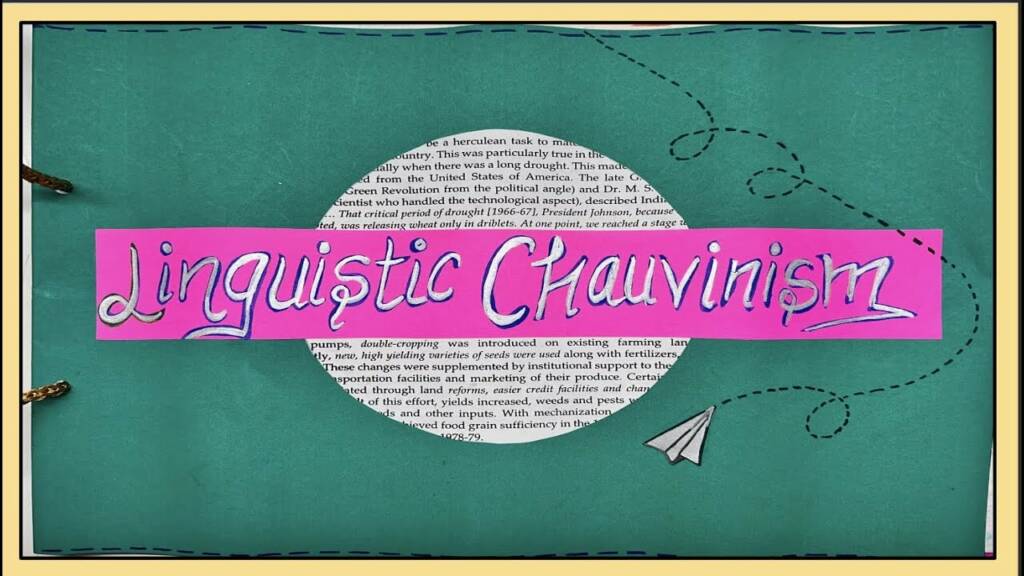Understanding Linguistic Chauvinism: Definition and Meaning
Delve into the complex concept of linguistic chauvinism, where language bias and superiority manifest. Explore Linguistic chauvinism definition, meaning, and impact. Let’s unravel this phenomenon together. Please do share this phenomenon and this article with your friends and classmates and teach and let them help to understand the Linguistic chauvinism meaning in more simple terms. Thanks for reading the article and have a great day.
Linguistic chauvinism meaning
Linguistic chauvinism refers to the belief that one language or culture is superior to others, often leading to the exclusion or belittlement of other languages and cultures. It can manifest in various ways, such as mocking accents or grammar, dismissing non-native speakers’ opinions, or prioritizing one language over others in official settings.
Linguistic chauvinism harms linguistic diversity and cultural richness, limiting opportunities for individuals who do not speak the dominant or privileged language. It can also contribute to the marginalization of minority languages and cultures, leading to loss of identity and self-esteem.
To overcome linguistic chauvinism, we must recognize the value of all languages and cultures. We should embrace linguistic diversity, promote inclusivity, and celebrate the richness of diverse linguistic expressions. This involves actively listening to and valuing the contributions of non-native speakers, creating inclusive language policies, and challenging linguistic chauvinism whenever it arises.
Also Read: Why are demand deposits considered as money? 5 Reasons
As a writer, we have a responsibility to advocate for linguistic inclusivity and respect for all languages and cultures. Let us celebrate the beauty of diversity and work towards a world where all languages are appreciated and valued without discrimination.
